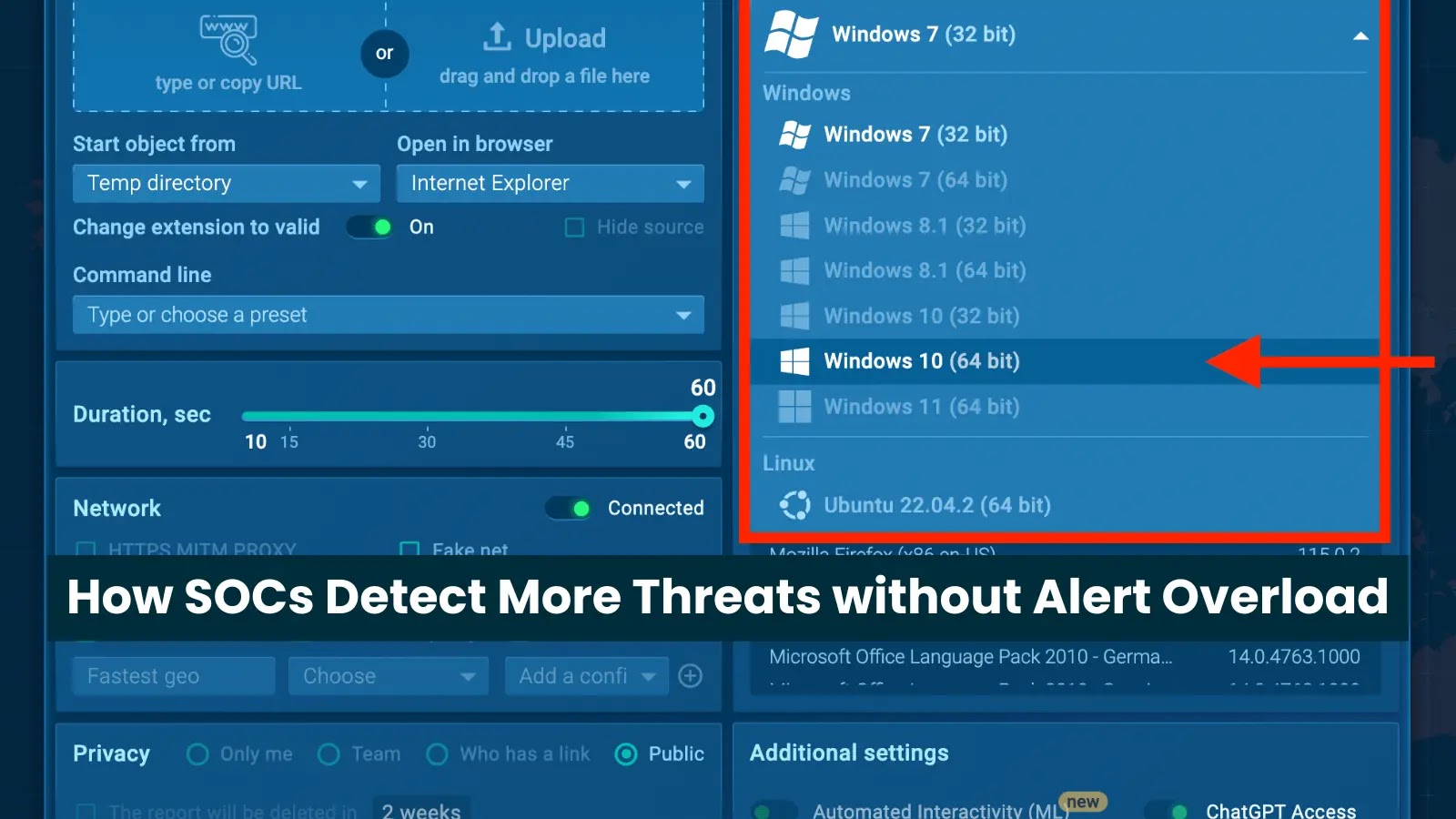In a recent cybersecurity incident, WestJet Airlines disclosed that unauthorized access by a sophisticated third-party actor led to the exposure of personal information belonging to some of its customers. The breach, identified on June 13, 2025, has since been contained and remediated. However, sensitive data was compromised during the incident.
Discovery and Immediate Response
On June 13, 2025, WestJet’s security team detected unusual activity within their internal systems, prompting an immediate technical and forensic investigation. The findings revealed that the breach was targeted, focusing on systems containing passenger data. The compromised information includes:
– Personal Identifiers: Names, dates of birth, and mailing addresses.
– Travel Documentation: Details such as passport numbers.
– Booking Information: Ancillary booking details, including special accommodations and filed complaints.
Impact on WestJet Rewards Members
Members of the WestJet Rewards program were also affected. Specifically:
– Rewards Data: Rewards ID numbers and points balances at the time of the breach were exposed.
– Financial Information: While passwords and full credit card numbers remained secure, for holders of WestJet RBC Mastercard products, only the card identifier type (e.g., World Elite) and points balance changes were accessed. Critical information such as CVV codes, expiry dates, and passwords were not compromised.
Assurances and Security Measures
WestJet has assured customers that:
– Operational Integrity: The airline’s operational infrastructure was not jeopardized.
– Sensitive Data Protection: No guest user passwords or CVV numbers were involved in the breach.
Upon confirming the breach, WestJet took the following actions:
– Securing Systems: Affected environments were promptly secured.
– Engaging Experts: Both internal and external cybersecurity specialists were engaged to assess and mitigate the situation.
– Notifying Authorities: Law enforcement agencies, including the Federal Bureau of Investigation (FBI), were notified, and WestJet continues to cooperate fully in the ongoing investigation.
Recommendations for Affected Customers
WestJet advises customers to remain vigilant by:
1. Monitoring Financial Statements: Regularly review account statements for any unauthorized transactions.
2. Implementing Fraud Alerts: Place fraud alerts or security freezes through credit bureaus such as Equifax, Experian, or TransUnion.
3. Checking Credit Reports: Monitor credit reports via [AnnualCreditReport.com](https://www.annualcreditreport.com).
4. Reporting Suspicious Activity: Report any suspected identity theft to the Federal Trade Commission or local law enforcement.
Enhanced Security Measures
In response to the breach, WestJet has implemented several enhanced security measures:
– Intrusion Detection: Upgraded systems to detect unauthorized access more effectively.
– Multi-Factor Authentication (MFA): Enforced MFA across its networks to add an extra layer of security.
– Regular Penetration Testing: Conducted frequent penetration tests to identify and address vulnerabilities.
– System Hardening: Accelerated efforts to strengthen system defenses.
– Employee Training: Enhanced security awareness training for employees to prevent future incidents.
Broader Context: Cybersecurity in the Aviation Industry
The WestJet incident is part of a broader trend of cybersecurity challenges facing the aviation industry. Notably:
– Air Canada Breach: In a similar incident, Air Canada experienced a security breach compromising employee personal information. The airline confirmed that while flight operations and customer-facing systems were unaffected, internal data was accessed by unauthorized parties. [Read more](https://cybersecuritynews.com/air-canada-hack/)
– EasyJet Hack: British airline EasyJet suffered a significant data breach where over 9 million customers’ data were exposed. The attackers accessed email addresses and travel details, and in some cases, credit card information. [Read more](https://cybersecuritynews.com/british-airline-easyjet-hacked/)
These incidents underscore the critical importance of robust cybersecurity measures within the aviation sector, given the sensitive nature of the data handled and the potential impact on customer trust and safety.
Conclusion
The WestJet data breach serves as a stark reminder of the persistent threats in the digital landscape. While the airline has taken swift action to address the breach and enhance its security posture, customers are encouraged to remain vigilant and proactive in monitoring their personal information. The aviation industry, handling vast amounts of sensitive data, must continue to prioritize and invest in comprehensive cybersecurity strategies to safeguard against evolving threats.



